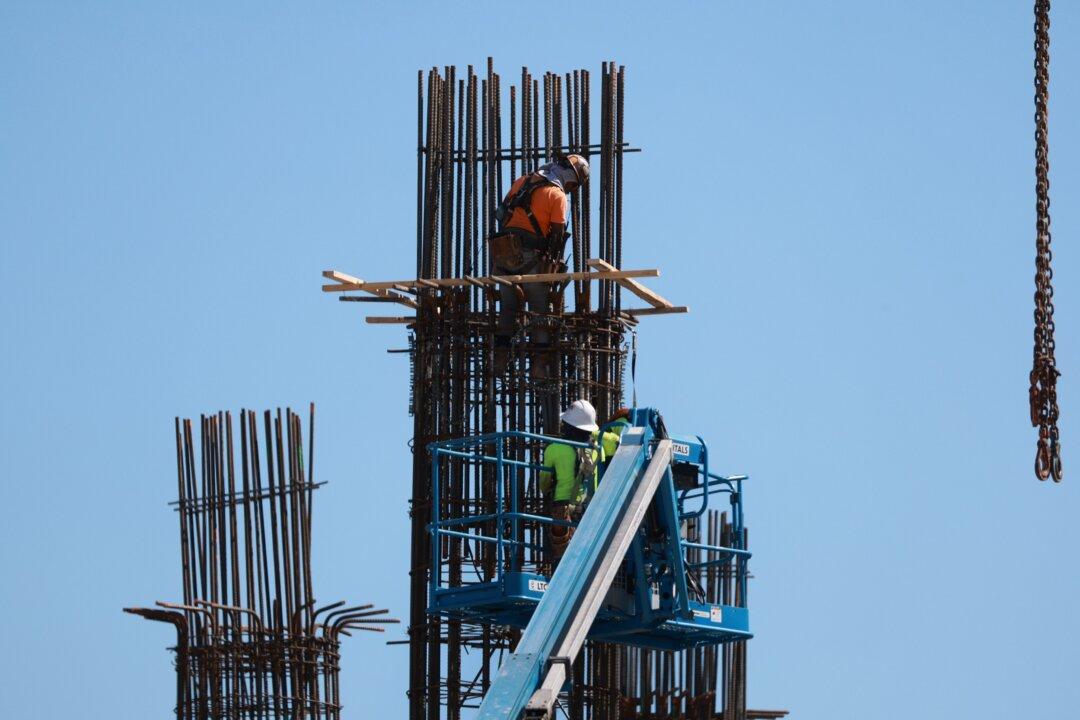A diverse coalition of American organizations has signed a letter organized by the U.S. Chamber of Commerce—the leading business lobbying organization in the United States—urging reforms to the infrastructure permitting process.
“Today, the single biggest obstacle to building the infrastructure of the future is a broken permitting system,” reads the letter, which was published on Monday. “That is why the undersigned list of diverse groups across the country and economy is calling on Congress to Permit America to Build by enacting meaningful, durable legislation to modernize America’s permitting processes before the end of the summer.”





